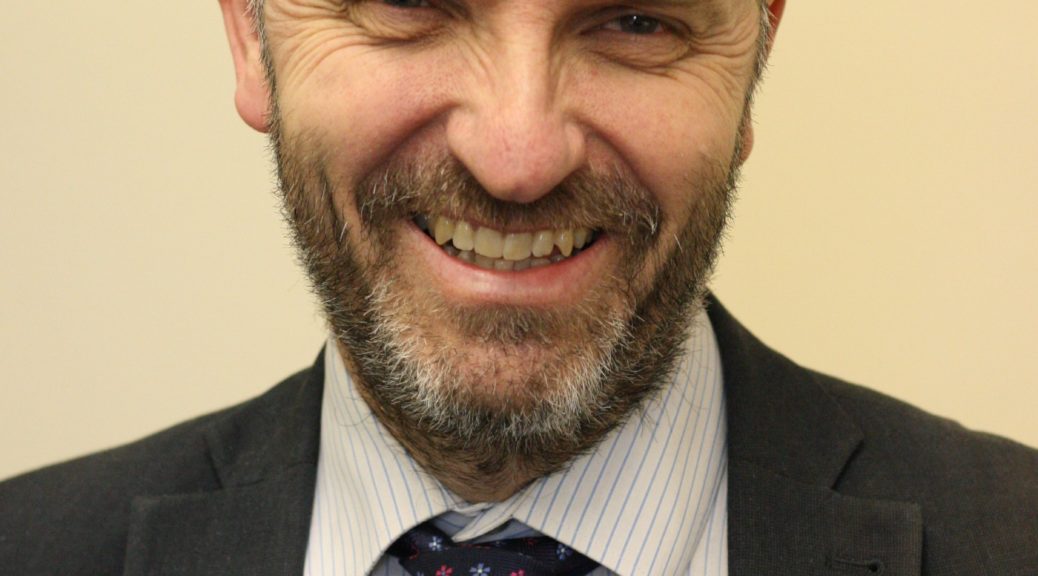Nottingham crime solicitor Alex Chapman secured an acquittal for a client facing a charge of driving with excess alcohol. The trial was heard before Nottingham Magistrates’ Court.
The issue at trial was the correctness of the identification. A police officer out on patrol saw a vehicle driving with a faulty brake light so the officer drove alongside the vehicle and spoke to the driver.
In response, the driver then drove away around a corner at speed. This aroused the police officer’s suspicions so he followed the vehicle. By the time he caught up with the vehicle a few seconds later, the vehicle was stationary. There was now nobody in the driver’s seat.
Defending a charge of excess alcohol
One male was stood outside the vehicle. Two males were sat on the backseat. The police officer believed that he immediately recognised our client, one of the back seat passengers, as the driver of the vehicle. Because of this he asked him to provide a roadside breath test, which he failed. As a result he was arrested for driving with excess alcohol.
Alex’s client, a Polish national, insisted throughout that the officer had made a mistake. He claimed that one of the other males had been the driver.
The only issue in the case was the correctness of the identification. In order to convict the Magistrates would have to be sure that the officer had not made a mistake. If there was a reasonable doubt as to that, then Alex’s client would be found not guilty.
As a result, Alex directed all of his cross examination to showing that the necessary doubt was present. The officer admitted that he had spoken to the driver for less than three seconds. He accepted that it was dark at the time. Although there was street lighting, the driver was sat inside car. The interior light was not on so the inside of the car was in darkness.
Can you be ‘1 million per cent’ sure?
Alex showed the officer a photograph of his client’s friend. He had been the other male sat in the backseat at the time of the arrest. The photograph was taken on the night in question. The officer conceded that they looked very similar. He could not be moved, however, on the correctness of the identification. He continued to maintain that he was “one million percent sure” that Alex’s client had been the driver.
Our client gave evidence along with his friend. His friend’s evidence was that he had been the driver. He stated that he had been taking the car for a test drive and panicked when he saw the police because he did not have insurance. He acknowledged that he knew he was admitting an offence himself but told the court he could not let his friend be wrongly convicted.
The third male who had been outside the car was the owner of the vehicle. He also attended to give evidence and support our client’s case.
Turnbull Guidelines and Identification
The quality of identification as well as the weight to be placed upon it is governed by the case of R -v- Turnbull. Alex directed his closing speech to the Magistrates to dealing with these issues. Although the officer himself was sure of the correctness of his identification, a convincing witness can still be mistaken. Alex argued that in all of the circumstances the officer could have made a mistake.
This argument was supported by his client’s full cooperation and consistent denials of responsibility. His account was also corroborated by two other witnesses.
The Magistrates found that despite the police officer’s confidence, they could not be sure of the correctness of the identification. Alex’s client was found not guilty of excess alcohol. Because of this he was not subject to the driving disqualification that would have followed a conviction.
Legal aid available
Despite being in work, Alex’s client was able to receive legal aid to ensure his free representation before the Magistrates’ Court. This was particularly important in his case as he required the assistance of an interpreter. Had there not been legal aid, he would have had to fund not only the case but interpreter’s fees himself when he gave instructions.
We will always investigate your entitlement to legal aid so that you receive affordable advice.
Contact a Nottingham criminal defence solicitor
If you are under investigation by the police or face court proceedings you will want to instruct an expert. Call our Nottingham office on 0115 9599550 or contact us using the form below.
If one of our other offices is more convenient then you can find our contact details here.



